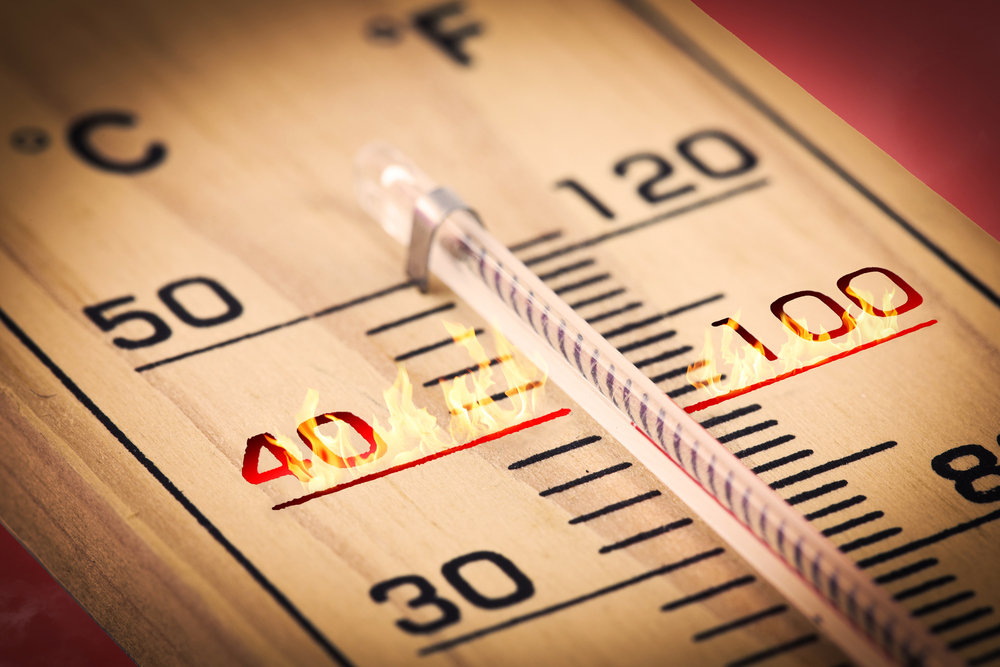Experts say climate change is a grave danger on human health

International experts warn that severe heat waves will significantly increase global mortality rates in the coming decades amid climate change concerns.
According to a report called “Countdown” that examines health and climate change, if global temperatures rise by 2 degrees Celsius by the end of the century (which is likely since it’s currently expected to reach 2.7 degrees Celsius by 2100).
The number of deaths caused by heat-related conditions will surge by 370% by 2050 if this report is accurate. This rise in mortality represents a 4.7% increase.
The risk posed by deadly heat waves is just one of the many health consequences resulting from increased fuel consumption and climate change.

Heat waves not only expose millions of people to famine-inducing droughts, but they also lead to the expansion of mosquito habitats, increasing the transmission of infectious diseases. Moreover, health systems are struggling to cope with the burden posed by these changes.
Disturbingly, the report says that back in 2022, people were exposed to an average of 86 days of deadly temperatures.
Furthermore, the number of individuals over the age of 65 who succumb to heat-related illnesses has already risen by 85% between the periods of 1991-2000 and 2013-2022. These estimates align with current trends, as 2023 is set to become the hottest year in recorded history.
Just last month, the European Climate Observatory confirmed that October 2023 was the hottest October ever.

Marina Romanello, the executive director of the report, emphasized the gravity of the situation, stating, “The effects that we are currently witnessing may be just the beginning of an extremely dangerous future.”
It is important that immediate action is taken on a global scale to combat climate change and address its detrimental impact on human health.
Failure to do so will not only result in more alarming health-related issues but also cause significant harm to our planet, exacerbating the already critical environmental challenges we face.










